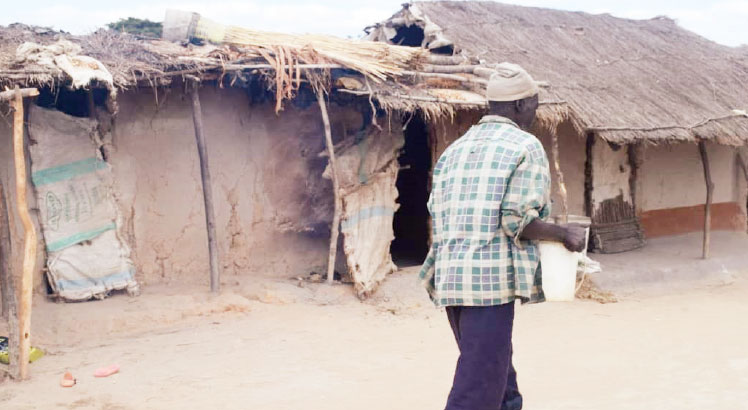Malawi stagnates on development index
T
he United Nations Development Programme (UNDP) says human development conditions in Malawi have stagnated over the past two years, indicating low national human development strides.
The 2021/22 Human Development Report titled ‘Uncertain Times, Unsettled Lives: Shaping Our Future in a Transforming World’ ranks Malawi on position 169 out of the 191 economies globally for a second year in a row.
The report, which takes a broader view on human development by assessing average long-term dimensions in areas of long and healthy life, access to knowledge and decent standard of living, shows that Malawi’s Human Development Index (HDI) is considered below the average of low-income countries in the region, with a score of 0.512, against the average of 0.547 for sub-Saharan Africa.

Reads the report in part: “The list of events causing major global disruptions such as the Covid-19 pandemic and the Russian invasion of Ukraine have come on top of sweeping social and economic shifts in countries.”
UNDP administrator Achim Steine is quoted in the statement accompanying the report as having said that the world is noted as struggling to respond to back-to-back crises, affecting human development.
He said almost all countries saw reversals in human development in the first year of the Covid-19 pandemic with low income countries affected the most.
“We have seen with the cost of living and energy crises that while it is tempting to focus on quick fixes, immediate relief tactics are delaying the long-term systemic changes countries are taking,” said Steine
Such a low human development, according to economists, reflects the country’s failure to achieve a sustainable and high economic growth, which is a prerequisite for national development.
Speaking in an interview yesterday, Economics Association of Malawi executive director Frank Chikuta said if the country’s economy was at a level where it had built resilience to economic shocks, the impact of recent shocks would have been lessened.
He said: “With good and quality growth, the per capita income increases and if that income is evenly distributed then you would expect poverty to be reduced.
“And if the wealth is used efficiently, then you would expect living standards to go up.”
Chikuta said the country is not generating wealth which could be used to improve the living standards, add ing that for Malawi to achieve the aspirations outlined in the Malawi 2063 (MW2063), the country’s long-term development plan, it needs to implement a number of reforms in the social and economic management.
He said: “In terms of social management, we need to ensure that the wealth which we are creating is distributed equally so that no one is left behind.
“This can be achieved if we industrialise and create jobs for people in the country.”
Malawi University of Business and Applied Sciences economic associate professor of economics Betchani Tchereni said any country that is not producing cannot improve the livelihoods of its people.
He said: “We are an agrarian economy and we are not so certain about industrialisation. We have plans but they are not implemented in earnest.
“On industrialisation and self-sufficiency, we are having our priorities upside down. As such, human development would be a nightmare unless such issues are addressed.”
Through MW2063, Malawi aims to build an inclusively wealthy and self-reliant industrialised upper middle-income country by 2063.
Last year, the Malawi Government rolled out a K500 billion two-year Covid-19 Socio-Economic Recovery Plan to stimulate strategic parts of the economy with various interventions to assist the delivery of a lower-middle income country.
The plan has specific measures to re-invigorate production and productivity in the economy by both State and private sector actors within a number of focus areas, including intensified efforts in increasing the proportion of the population that is vaccinated and infrastructure investments to stimulate long-term public and private investments as well as create employment.






One Comment